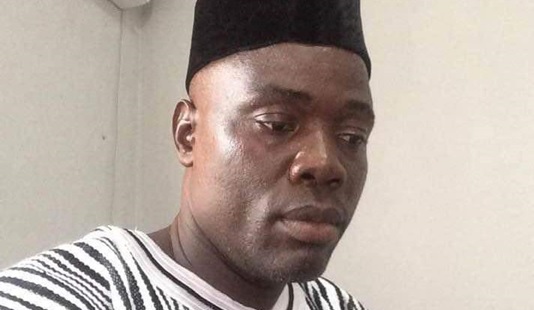The Liberian Senate is facing intense scrutiny and widespread public distrust in the aftermath of a contentious retreat held in Buchanan, Grand Bassa County. The criticism escalated when Senate leadership, headed by Pro Tempore Madam Nyonblee Karnga Lawrence, issued a recent press statement refuting earlier claims of a $700,000 expenditure on the retreat.
However, under mounting public pressure, Senator Konneh pledged to reimburse the funds. While he has not officially addressed the reimbursement process, leaked information circulating on social media as of Wednesday, June 19, 2024, suggests that Senator Konneh has instructed his assistant to return the money to the Central Bank of Liberia (CBL).
Activist Martin Kollie, a vocal critic of government financial mismanagement, took to social media to highlight the issue. Kollie stated, “After we clearly established the gross violation of the Travel Ordinance, Senator Amara Konneh admitted to violating this law, and his assistant is en route to the CBL to refund the people’s money that was lavishly shared and wasted. It is good that Senator Konneh has finally agreed to refund after we investigated, exposed, and uploaded the law that has been violated.”
Kollie further clarified the legal daily subsistence allowance (DSA) for senators, emphasizing that it is $52 per day, not $54, as previously misquoted. He called on other senators, including Senator Nyonblee Karnga-Lawrence and Senator Abe Darius Dillon, to also refund the people’s money and produce comprehensive financial reports detailing all transactions related to the retreat. Kollie invoked the 2010 Freedom of Information (FOI) law to compel the Senate’s leadership to make all financial documents available, a request to which Senator Karnga-Lawrence has yet to respond.
The public’s outrage is fueled by the perceived misuse of funds, particularly in light of pressing national issues such as underfunded health facilities and the ongoing go-slow by University of Liberia lecturers due to unpaid arrears. Kollie and other activists argue that the money spent on the retreat could have been better allocated to address these urgent needs.
Senator Konneh’s admission of reimbursement is seen by many as an implicit acknowledgment of wrongdoing. Critics argue that public officials who violate laws should be prosecuted rather than allowed to determine their own penalties. The reimbursement, they contend, should be determined by the courts, not the perpetrators.
The controversy has severely damaged the reputation and integrity of the Senate under Senator Karnga-Lawrence’s leadership. The public’s trust in the Senate has been further eroded by this incident, particularly given the Senate’s previous decision to pardon the Public Works Minister despite his admission of misusing public funds and awarding contracts outside of Public Procurement and Concessions Commission (PPCC) laws.
As Liberians continue to voice their dissatisfaction, the Senate faces increasing pressure to address these allegations transparently and take concrete steps to restore public trust. The call for greater accountability and transparency in the Senate’s financial dealings is growing louder, with many citizens demanding systemic changes to prevent future abuses.
The situation remains fluid as activists like Martin Kollie vow to keep fighting for the people’s interests and safeguarding the national treasury from misuse. The demand for justice and accountability is a rallying cry for many Liberians who have long suffered from the impacts of corruption and mismanagement.







